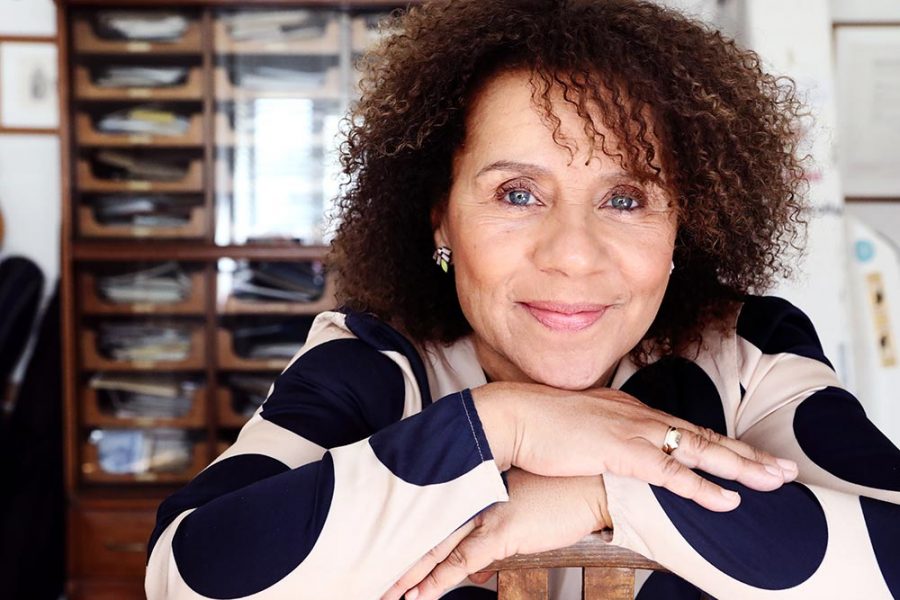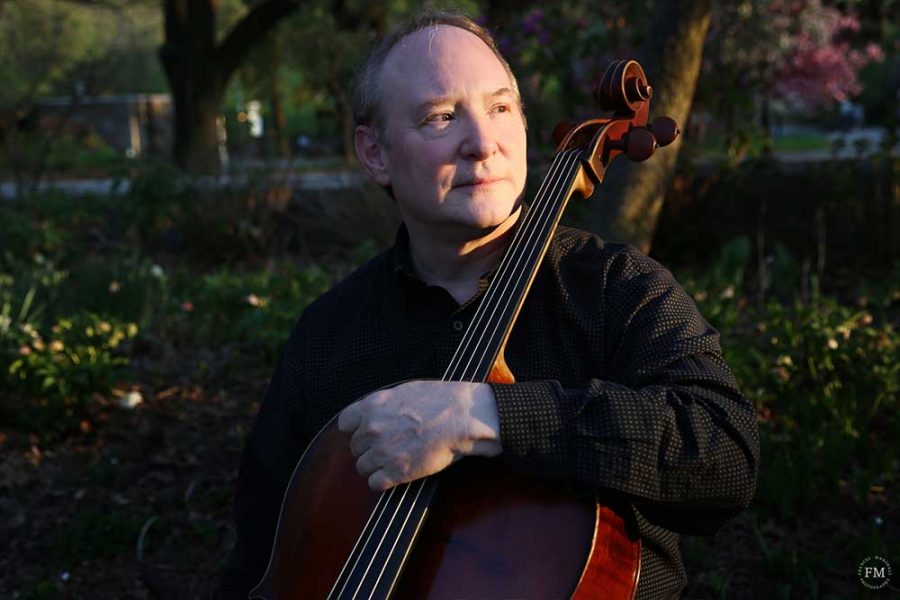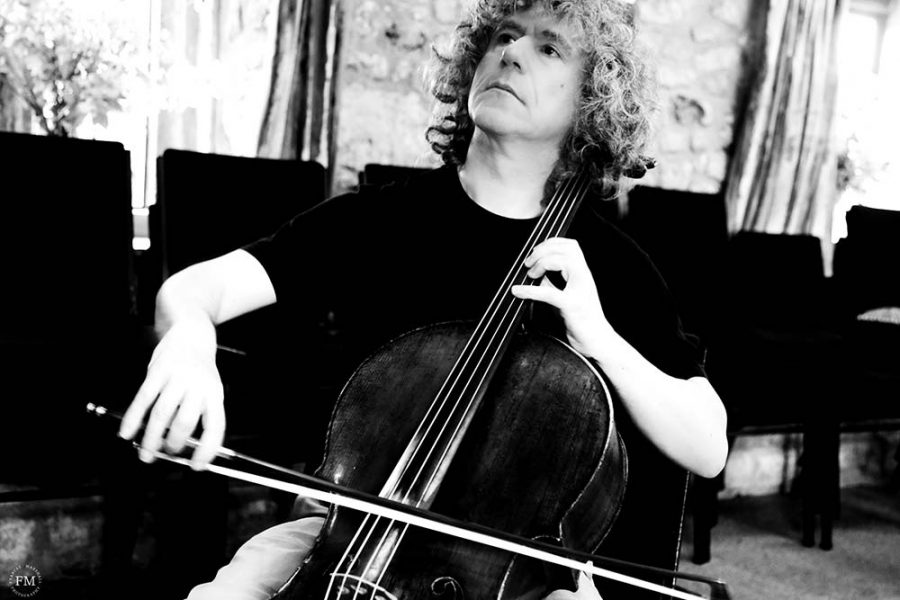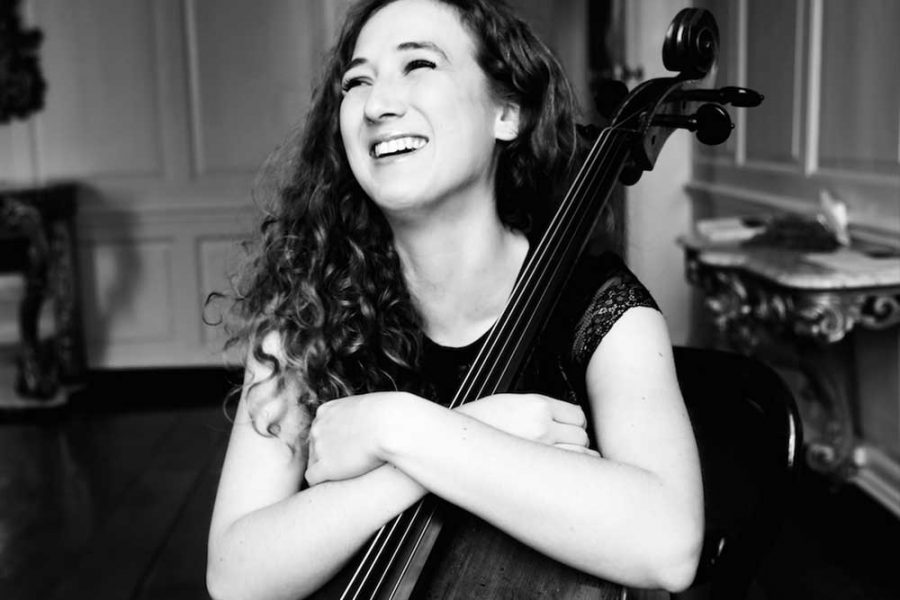In Search of Authenticity with Nadège Rochat

August 2019
Interview and photos by
Frances Marshall
Share this article
‘Generous, selfless, persistent and positive people inspire me in general’ are the words of Swiss Cellist, Nadège Rochat.
From looking at her flourishing career and work process you can see that she has not only become her inspiration, but also radiates this mindset from a place of continuous authenticity. Today we discuss Rochat’s practice strategies, what she looks for in a collaborator and her upcoming work with Ilya Gringolts.
...I work towards precise goals for each movement/short pieces and then I allow a maximum amount of time to accomplish each task."

When did you first pick up the cello and what lead to this moment?
My mother is a violinist and my father a viola player. Since I could speak I requested a string instrument, my father made me a DIY one-string viola to play with before my 4th birthday. My aunt finally accepted to teach me on the smallest available cello.
I didn’t choose the cello, but I wanted something with strings and my parents didn’t want to be my teachers. I actually can’t remember a time when I didn’t play the cello!
Tell us about an average practice session.
It starts when I open my eyes in the morning, because I make a point of having no distractions at all until I have practiced all “priority pieces”. My phone is in flight mode from the night before until I have accomplished what I want from my practice and I always start with a few movements of Bach.
I believe in Parkinson’s law which says that ‘work expands so as to fill the time available for its completion’. So I work towards precise goals for each movement/short pieces and then I allow a maximum amount of time to accomplish each task. Straight after every practice session, I write down my new musical and technical findings as well as what I wish to work on next time.
This level of practice is not always possible, but the less time you have when you get busier with more performances – this strategy is really vital.
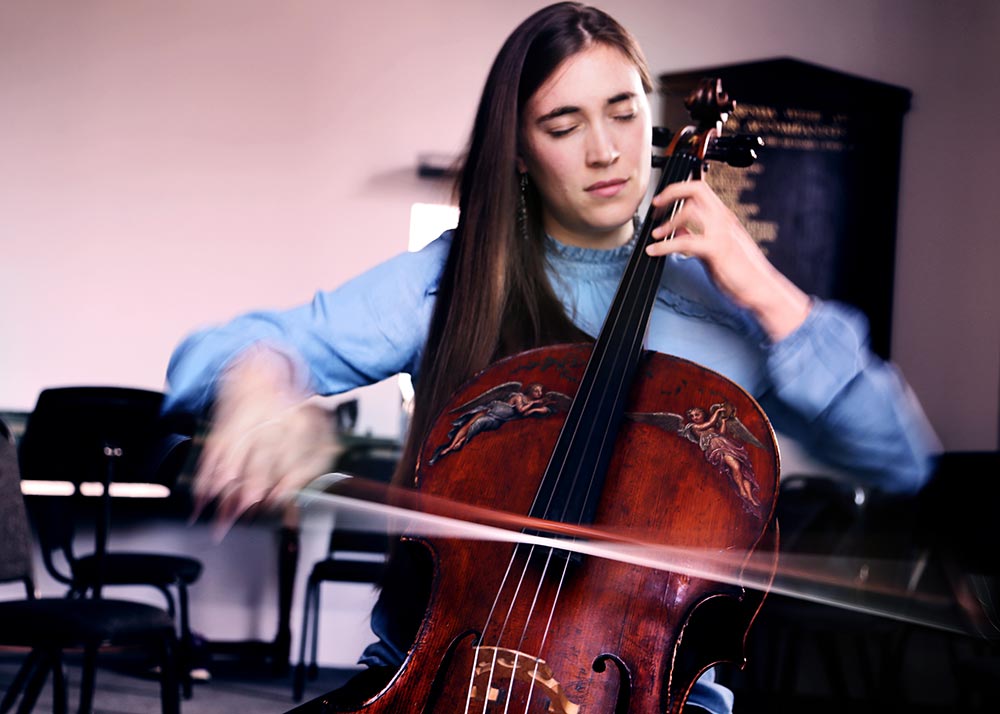


Who has inspired you?
Generous, selfless, persistent and positive people inspire me in general. When it comes to musicians, I am particularly fascinated by “vintage” pianists like Raul Kozcalski, Mieczysław Horszowski, of course Alfred Cortot, Walter Gieseking, Myra Hess, Arturo Benedetti Michelangeli, Samson François, etc…
Their relationship to the written music and composers inspires me, I believe in Goethe’s phrase “in der Beschränkung erst zeigt sich der Meister” (Mastery is revealed in limitation): the seriousness with which these pianists approach the music, their respect for the composers, allows them, almost as a paradox, to enter a very personal expressive world.
Your cello has become quite famous, how do feel about this? Tell us about its story.
Just as you said this, I heard this anxious voice in my head “Wait, where is my cello?”. It is a responsibility to travel with a unique piece of art, whether it is famous or not. There was a time when it was new and not famous, but still, we are lucky that cellists looked after it for the next generations.
It was first made by Nicolo Amati as an Italian viola da gamba around 1620 for the Vatican, changed to a cello in 1703 and is since then called the “Ex-Vatican Stradivarius”. The paintings were added later, in the 1860’s as the cello was being repaired in Paris.
It is a responsibility to travel with a unique piece of art, whether it is famous or not. There was a time when it was new and not famous, but still, we are lucky that cellists looked after it for the next generations."

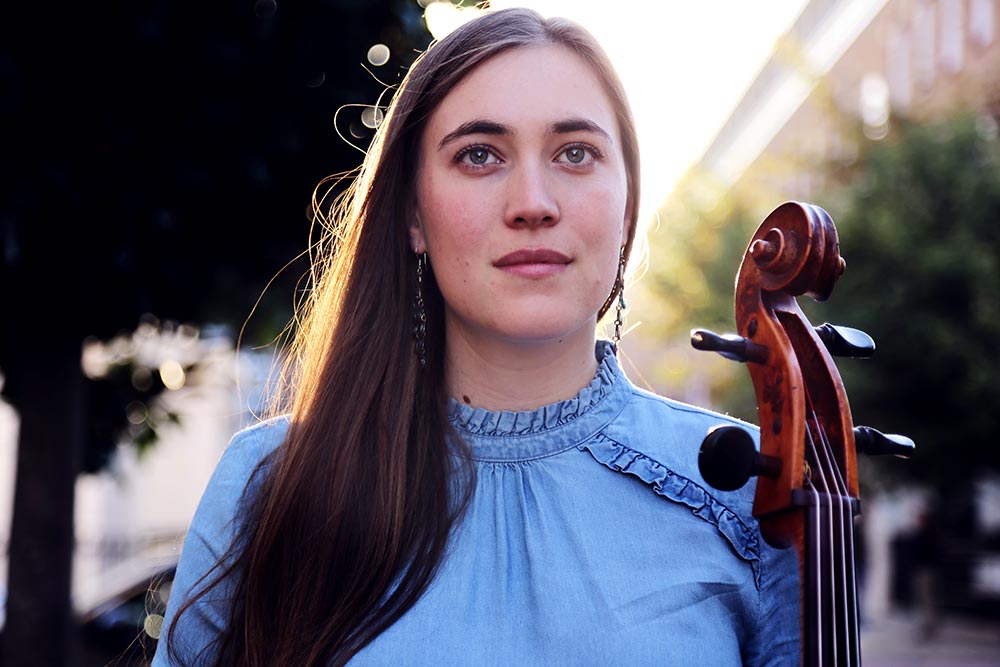

I look for flexibility and for players who might decide to do something totally different in the concert than what we spoke about in the rehearsal, if it makes more sense in the present moment."

What was your process around finding an agent?
I have had a few agents (at the moment I am working with two), coincidence brought us together. But there are many ways to find an agent, it’s a partnership. It can be the result of an intense search, one can be recruited, it can be spontaneous, it doesn’t really matter. What is important is the quality of the relationship and teamwork. If it isn’t there, an agency is worth nothing for a musician. I thought that I was lucky when I got my first agent when I was 18, it felt flattering and cool, but looking back, I would have been better on my own.
What do you look for in an accompanist?
I don’t like the name “accompanist” as it sounds like a supporting role in the concert, which my piano and guitar partners are most definitely not. I look for flexibility and for players who might decide to do something totally different in the concert than what we spoke about in the rehearsal, if it makes more sense in the present moment. They also need to be able to deal with my own spontaneity. I don’t necessarily look for musicians who agree with my views on the music, I like when my convictions are challenged.
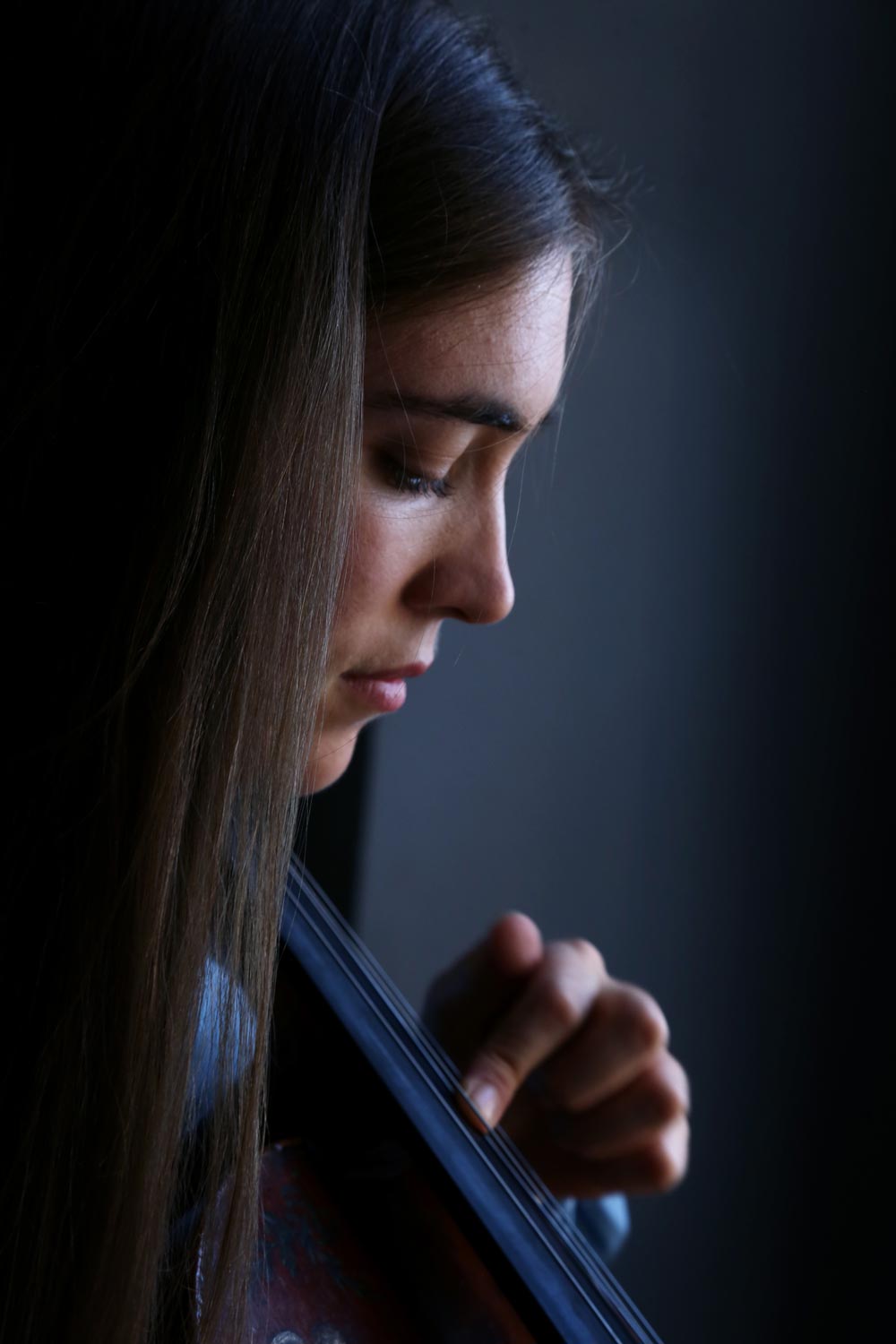

They also need to be able to deal with my own spontaneity. I don’t necessarily look for musicians who agree with my views on the music, I like when my convictions are challenged."


Who do you dream of working with?
Well, I’m currently working with Ilya Gringolts, and this is a pretty big dream come true. There are many great musicians I dream to work with, at the moment other names would include Heinz Holliger, Jordi Savall and François-Xavier Roth.
You’re also a teacher, what’s the greatest piece of advice that a teacher ever gave to you?
My main teachers have been Maria Kliegel in Cologne and Robert Cohen in London. But I can’t give just one sentence, there’s so many pieces of advice, like pixels which finally build a picture. In the heart of that picture, two guiding ideas stand out for me – authenticity and selflessness. They sound simple and yet the way is long. As for how to move fingers on a cello… it’s just practice.
Tell us about your upcoming work with Ilya Gringolts and Judith Jauregui.
We will be performing the triple concerto by Beethoven this week in Murten (Switzerland), it will be the first time for me and I can’t wait! This work is simply an explosion of beauty and joy.
To find out more about Nadège Rochat see: www.nadegerochat.com
All images displayed in this article are subject to copyright.
Share this article


